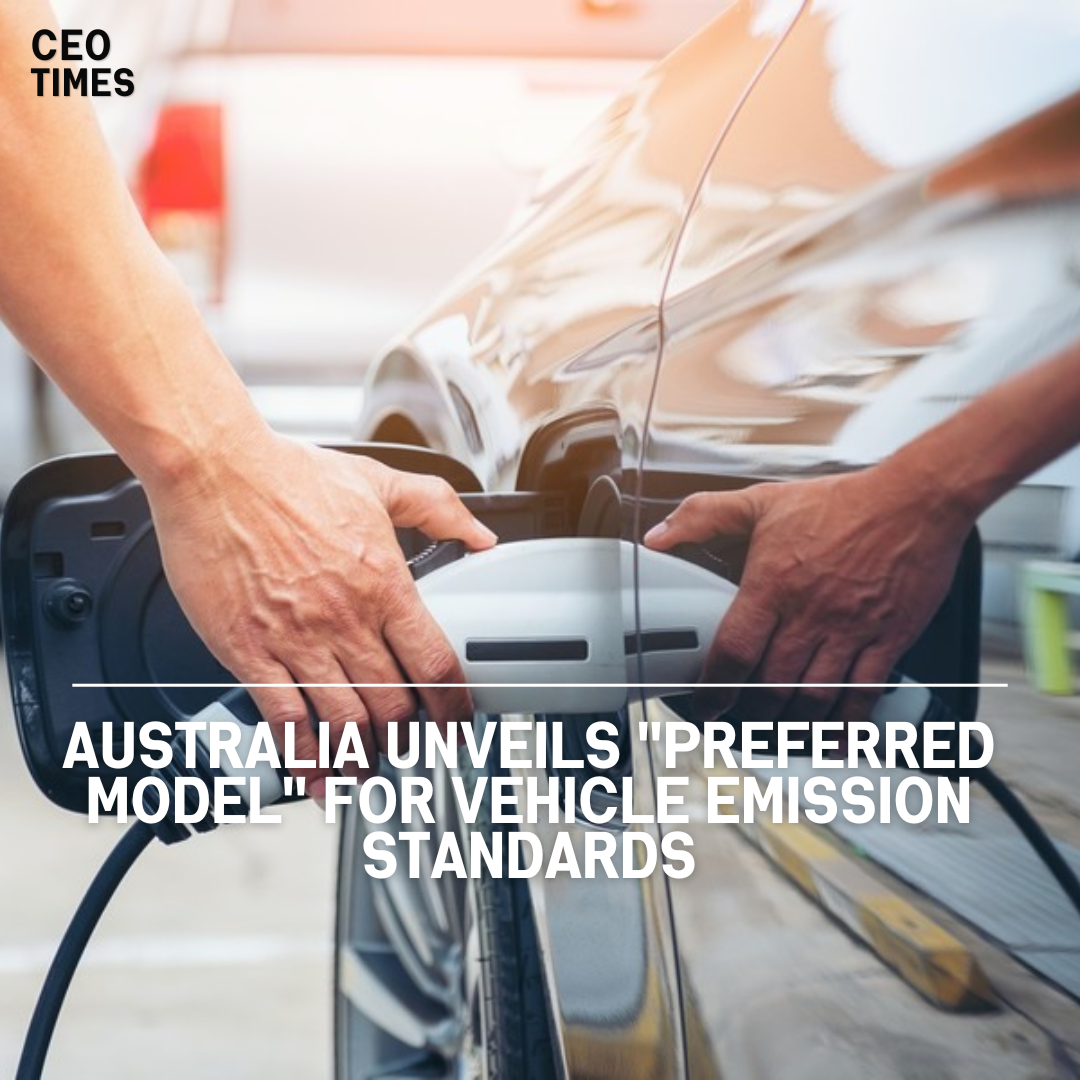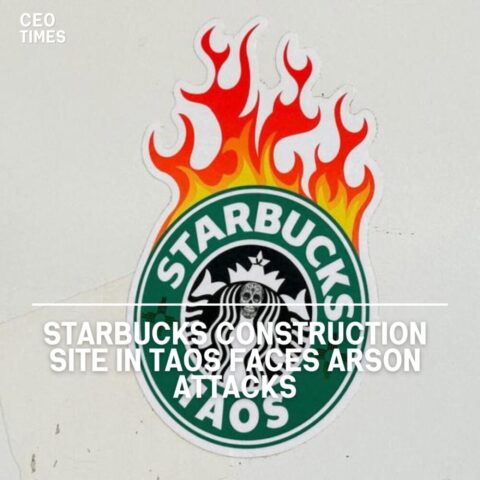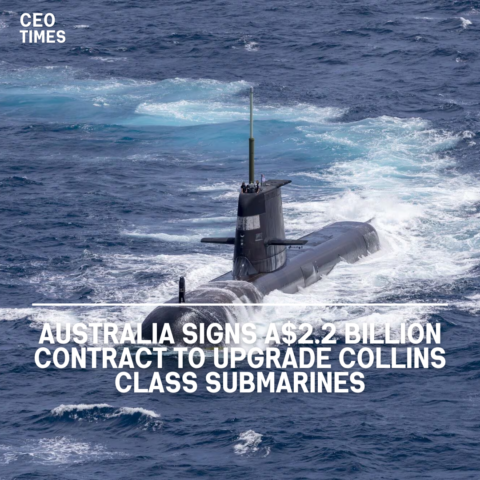Australia has taken a significant step towards finalizing standards for vehicle emissions, releasing a “preferred model” in line with the policies in most developed economies.
The push for fuel efficiency standards, initiated by the center-left government elected in 2022 on a climate policy reform promise, aims to increase the adoption of electric cars in the country.
Closing the Gap in Fuel Efficiency Standards:
Aside from Russia, Australia is the only developed nation lacking fuel efficiency standards. The government’s “preferred model” aligns with U.S. standards by 2028, to implement the new standards from January 1, 2025.
The move is anticipated to save Australian motorists A$100 billion ($65 billion) in fuel costs through 2050, according to Energy Minister Chris Bowen.
Boosting Electric Vehicle Adoption:
The proposed standards catalyze manufacturers to introduce more electric vehicles (EVs) to the Australian market.
Despite reaching an all-time high in 2023, EV sales in Australia still face competition from emissions-intensive trucks and sports utility vehicles (SUVs).
The government’s pledge to cut emissions by 43% by 2030 could receive a significant boost with a higher uptake of electric vehicles.
Impact on Australian Families and Businesses:
Energy Minister Chris Bowen emphasized the policy’s aim to allow Australian families and businesses to choose from the latest and most efficient vehicles, whether powered by petrol, diesel, hybrid, or electric engines.
The move aligns with global trends toward cleaner and more sustainable transportation options.
Addressing a Key Source of Emissions:
Transportation stands as one of Australia’s major sources of emissions. Implementing stringent fuel efficiency standards is expected to contribute to achieving the government’s emission reduction target, reinforcing the nation’s commitment to sustainability and environmental responsibility.




















